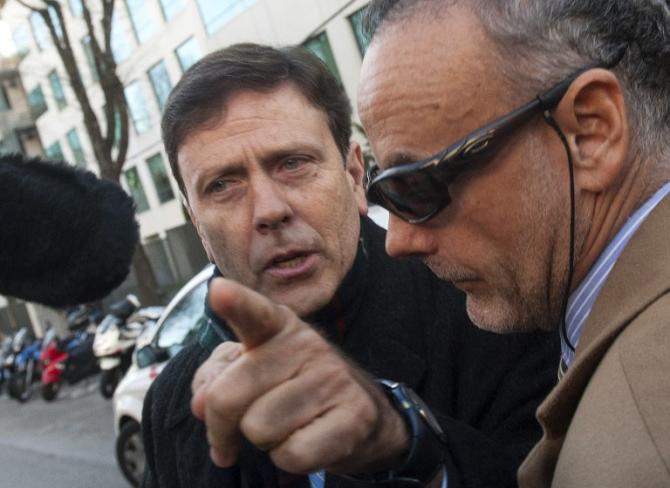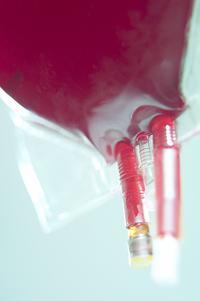Operacion Puerto blood bags to be handed over to anti-doping authorities
Judge overturns original ruling, allowing authorities to investigate blood bags


The definitive legal verdict on Operación Puerto has decreed that the 211 blood bags at the centre of the 2006 anti-doping probe will not be destroyed, as had previously been ordered in an April 2013 court ruling, but also that Eufemiano Fuentes has been cleared of all charges.
The 211 blood bags, currently stored in an anti-doping lab in Barcelona, can therefore now be delivered to the relevant authorities – in the verdict the UCI, the Spanish Cycling Federation [RFEC], WADA and Italian National Olympic Committee [CONI] are all named as recipients – for analysis and for the possible identification of their owners. The UCI, RFEC, WADA and CONI all lodged appeals against the previous court decree, which had ordered the bags be destroyed.
Spanish daily El País reports that it’s believed the 211 seized bags belong to a total of 23 cyclists and 12 athletes, with many owning more than one bag.
Initially given a one-year suspended prison sentence by a lower court in 2013, Doctor Eufemiano Fuentes, the head of the Madrid-based doping ring which handled the blood transfusions, has been cleared of all charges against public health.
According to reports, the full final court verdict argues that blood transfusions are not considered to constitute a public health offence, given that it finds that blood is not in itself a medicine.
At the time of the anti-doping probe, in May 2006, an offence against public health was the only possible charge at the time against the former team doctor and his associates given that there was no specific anti-doping law in Spain – something which changed months later.
Fuentes’ four-year ban from practising as a sports doctor is lifted, while Ignacio Labarta, the sports director who received a four-month suspended prison sentence and four-month ban from any cycling-related activities is also cleared. Charges against others initially accused – Fuentes’ sister Yolanda, and longstanding Spanish sports directors Manolo Saiz and Vicente Belda – remain dropped.
Get The Leadout Newsletter
The latest race content, interviews, features, reviews and expert buying guides, direct to your inbox!
The previous 2013 lower court ruling had said that the blood bags should be destroyed, but this latest verdict, which is definitive and cannot be appealed, may well lead to the identification of their owners.
However, the statute of limitations, which has a maximum of ten years according to the most recent WADA code, means that even if it could have been applied, no riders, even if finally identified and named, will face suspensions. Until now, only a handful of riders – including Jan Ullrich and Jorg Jaksche in Germany, Alejandro Valverde, Michele Scarponi and Ivan Basso in Italy - have received Puerto-related suspensions.
One of the more controversial elements of the definitive verdict for Spain’s biggest ever anti-doping case means that Fuentes could arguably now return to his work as a sports doctor, with no legal black mark against his name. The verdict also ends a ten-year legal marathon that saw the Puerto case archived twice, and which has cast a long shadow over Spanish sport during that era.
Enrique Gómez Bastida, the head of Spain’s anti-doping agency, AEPSAD and who was also heavily involved in the Operacion Puerto case when previously working for Spain’s Civil Guard police force, later expressed his “satisfaction” at the court’s decision to hand over the blood bags.
Gómez Bastida added in the same statement that AEPSAD was now studying the court’s 84-page verdict in detail to see what specific action the agency could now take, both individually and in collaboration with other anti-doping authorities. The statement made no comment on the acquittal of Eufemiano Fuentes.
Alasdair Fotheringham has been reporting on cycling since 1991. He has covered every Tour de France since 1992 bar one, as well as numerous other bike races of all shapes and sizes, ranging from the Olympic Games in 2008 to the now sadly defunct Subida a Urkiola hill climb in Spain. As well as working for Cyclingnews, he has also written for The Independent, The Guardian, ProCycling, The Express and Reuters.
